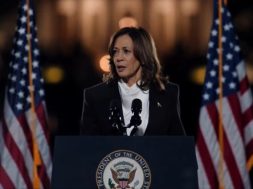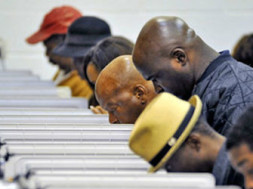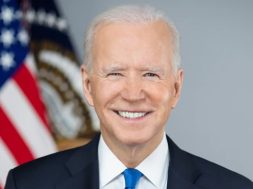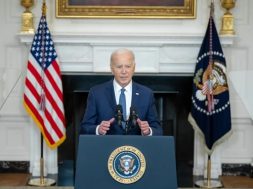
Washington – Since the partial government shutdown began at midnight on December 22, 2018, federal correctional workers – the men and women who work inside the federal prisons located in communities across the nation – have been going to work without being paid.
“It’s insulting and a slap in the face from the, ‘Law and Order President,’” said Eric Young, President of the AFGE Council of Prison Locals. “It’s even more insulting that federal inmates are being paid regularly while federal correctional officers who staff our prisons and had their annual leave cancelled and called back to supervise those inmates are forced to work and face uncertainty over when and if they’ll receive their next paycheck.”
“It’s insulting and a slap in the face from the, ‘Law and Order President,’” said Eric Young, President of the AFGE Council of Prison Locals. “It’s even more insulting that federal inmates are being paid regularly while federal correctional officers who staff our prisons and had their annual leave cancelled and called back to supervise those inmates are forced to work and face uncertainty over when and if they’ll receive their next paycheck.”
“It’s insulting and a slap in the face from the, ‘Law and Order President,'” said Eric Young, President of the AFGE Council of Prison Locals. “It’s even more insulting that federal inmates are being paid regularly while federal correctional officers who staff our prisons and had their annual leave cancelled and called back to supervise those inmates are forced to work and face uncertainty over when and if they’ll receive their next paycheck.”
“Federal correctional workers — over 30 percent of whom are veterans — are some of the lowest paid federal law enforcement employees in government, and many live paycheck-to-paycheck,” added Young. “During this administration, those same employees have faced hiring freezes, budget cuts, and staffing reductions, creating a severe understaffing crisis throughout the country. Many federal prisons must rely on staffing crucial officer roles through ‘augmented’ staff, which is when positions like food service, and clerical workers fill in for frontline correctional officers.”
“There couldn’t be a worse time to force our members to worry about when their next paycheck will arrive. It’s a safety issue for correctional employees and the communities they serve,” said Young. “Understaffing is already putting our lives and communities at risk. If the men and women staffing our federal prisons and supervising some of the most dangerous criminals in the country aren’t getting paid, and are being forced mandatory overtime, the danger becomes even more drastic.”
On January 4, the President was unable to give a specific answer on when the current shutdown could end, saying it could last, “months or even years.” This kind of talk only adds to the uncertainty being felt by federal correctional workers – and other law enforcement officers who are showing up to work every day to protect us without knowing when they’ll be paid.
“The law enforcement officers that I represent in the Council of Prison Locals deserve more. They should not be used as pawns in a political show down,” Young said, “make no mistake, our law enforcement officers want the government open, immediately.”
“Our members put their lives on the line to keep our country safe,” said AFGE President J. David Cox Sr., “requiring them to work without pay is nothing short of inhumane. These jobs are some of the most dangerous jobs in the country. They deserve better.”
“We urge Congress and the President to end the shutdown now and immediately restore lost wages to all federal workers.”
The American Federation of Government Employees (AFGE) is the largest federal employee union, representing 700,000 workers in the federal government and the government of the District of Columbia, including 33,000 in the Federal Bureau of Prisons.








